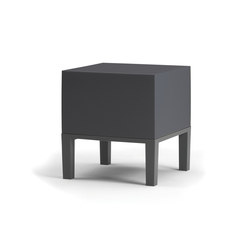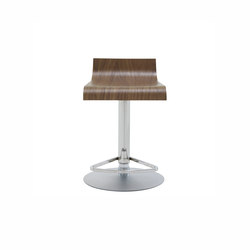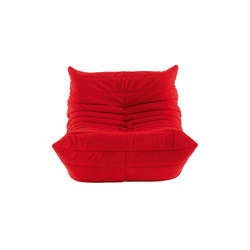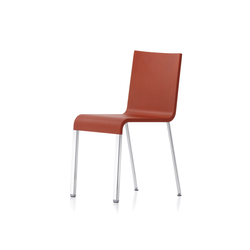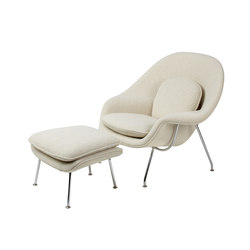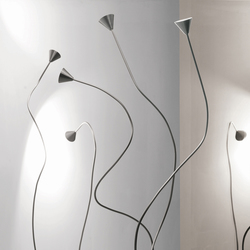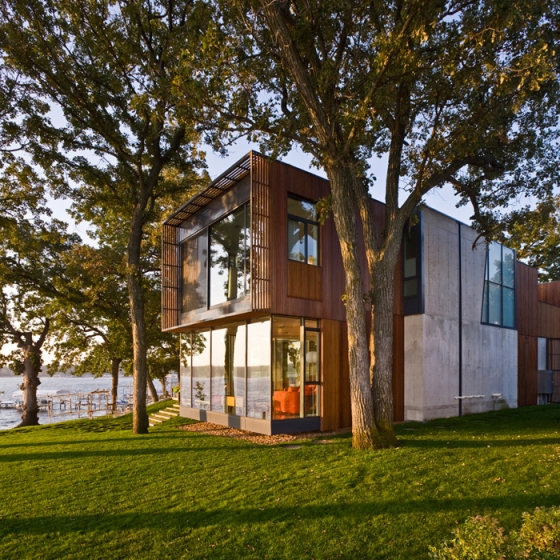
Fotógrafo: Paul Crosby
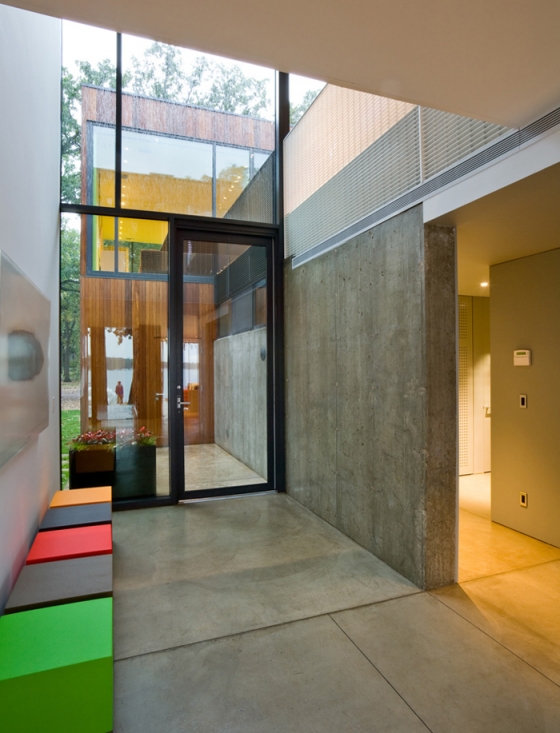
Fotógrafo: Paul Crosby
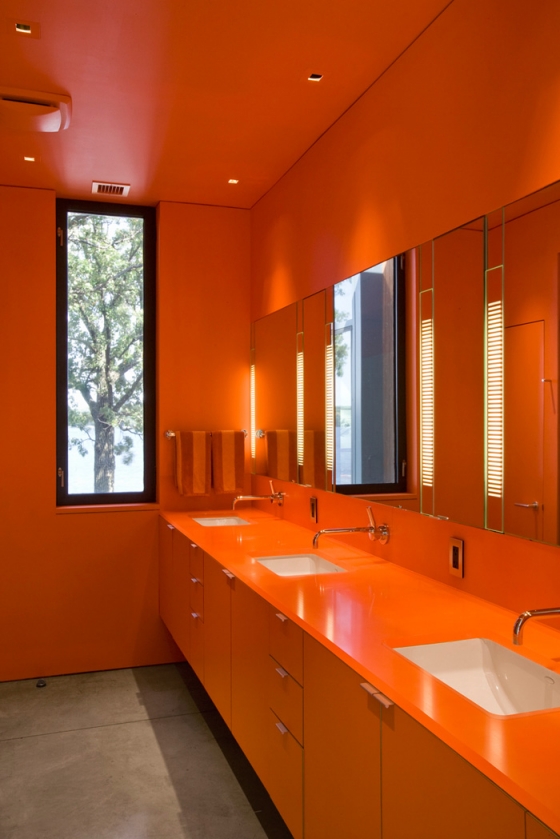
Fotógrafo: Paul Crosby
“It’s all about the lake,” was our clients’ direction when we began designing this vacation home in rural Iowa.
Located in rural Iowa, Lake Okoboji is a part of a glacial lake system surprisingly located amidst endless cornfields, 2.5 hours from the nearest metropolitan area. The house sits on a diminutive lot on the dense shoreline where old cottages and new McMansions sit tightly together. Our strategy resulted in a deceptively simple footprint that minimized the size of the house on the site while allowing for a series of spatial frames within the house that focus on the view while excluding the neighbors. This allowed for a sense of total privacy within the house itself. Additionally, the lake itself is ringed by numerous oak trees which form beautiful a canopy around the lake, separating it from the corn fields.
Volumetrically simple from the exterior, opaque and slatted vertical Ipe clads a stacked set of spatial tubes (the primary living spaces) that are open to the lake and woods views, but visually closed to neighbors on the sides. We formed the house’s spatial tubes around view axes running through the site, perceptually linking the lake through the forest to the fields beyond. These view-framing tubes are literal voids in the mass of the house bounded at their ends only by glass. Light and air also enters these rooms through operable windows set behind the slatted Ipe cladding. Dense service spaces (“program solids”) fill the remaining volume. The first level is dominated by continuous subtly amorphous space that opens to the exterior in with lake views in several directions. This space bounds the primary living spaces while suggesting connections and extensions to the surrounding landscape, lake and sky.
In contrast to the spatial tubes of the public areas, the smaller private spaces (bedrooms and bathrooms) are treated with a pronounced sense of interiority. As spaces become increasingly intimate, the intensity of color increases as well. All interior surfaces in these rooms are subsumed by intense color to the extent that each feels like a zone of pure color. Here color becomes equivalent to the Lake that dominates the spatial tubes, providing and autonomous interiority in contrast to the site-oriented "tubes". Color becomes an important tool of space making, an additional layer that can reinforce or contradict the other components of spatial geometry, intensifying the experience or adding complexity.
In addition to the house and site, we were also responsible for all furniture, fabrics and finishes in the house. We selected and supplied most of the furniture, designed window coverings and selected custom fabrics for many of the furniture selections. We designed and fabricated several feature tables for the house, including a custom, CNC-milled cabinet for the master bedroom.
Materials & Systems:
Wood-frame construction with steel structural frames, cast-in-place concrete walls, blown-in & rigid insulation, and hollow-core concrete slabs. Exterior: concrete, sustainably-harvested Ipe cladding, aluminum composite panels, aluminum curtain walls, windows and doors; Interior: integral-colored concrete topping slabs with in-floor radiant heat, formaldehyde-free sanded/sealed OSB, custom-colored eco resin, polycarbonate, plastic laminate, Baltic birch plywood, painted steel, stainless steel, with commercial & custom furniture & fabrics by the architects.
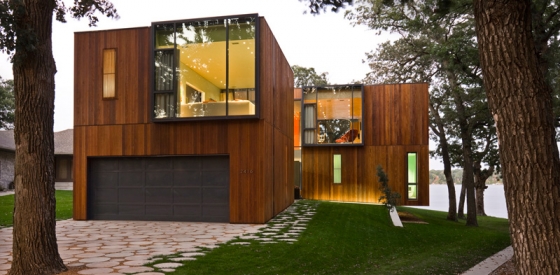
Fotógrafo: Paul Crosby
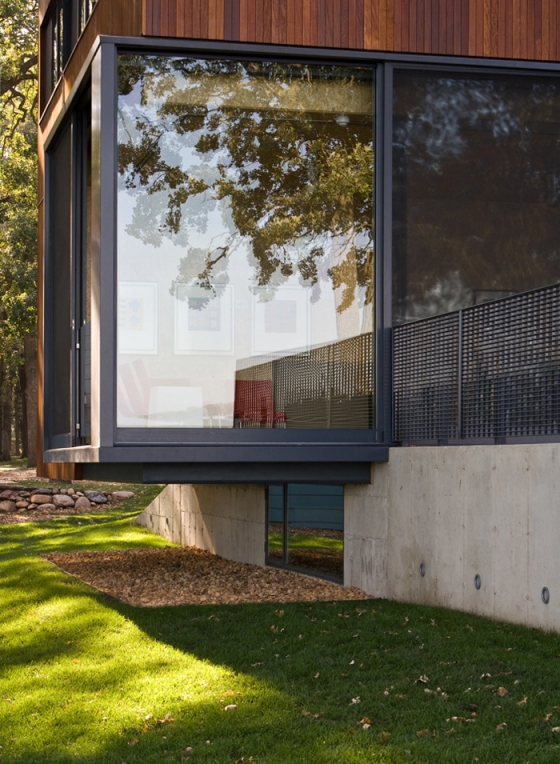
Fotógrafo: Paul Crosby
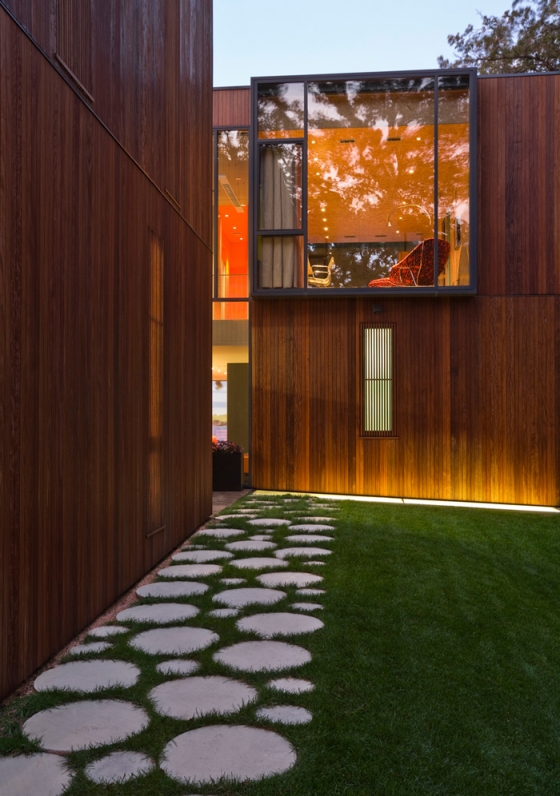
Fotógrafo: Paul Crosby
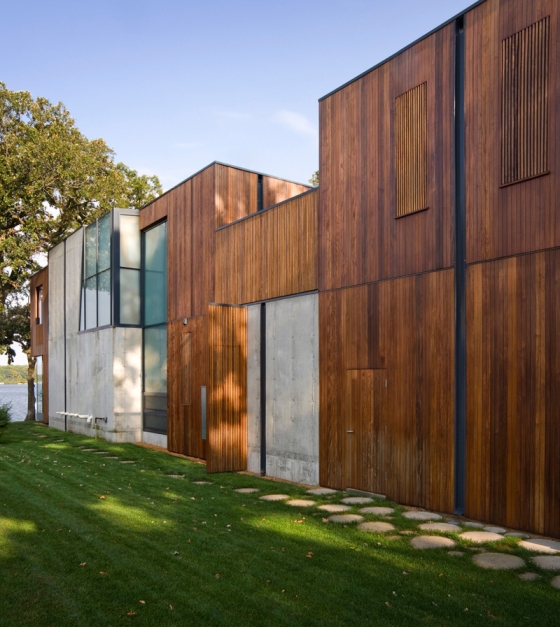
Fotógrafo: Paul Crosby
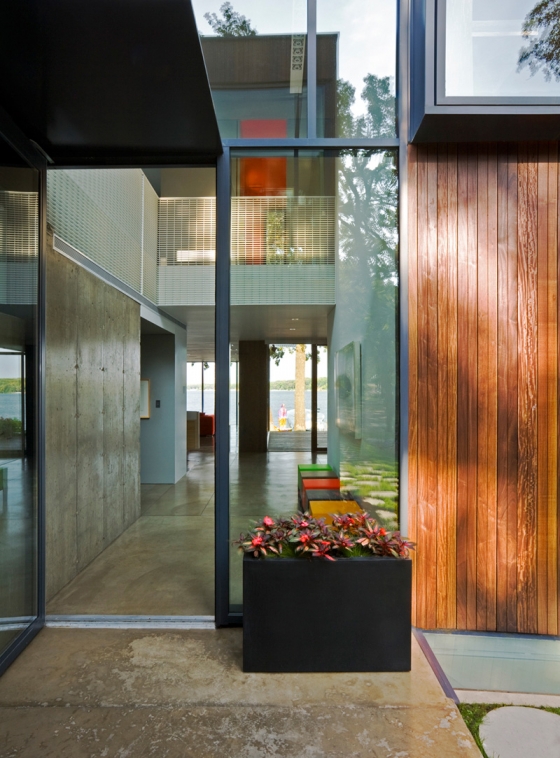
Fotógrafo: Paul Crosby
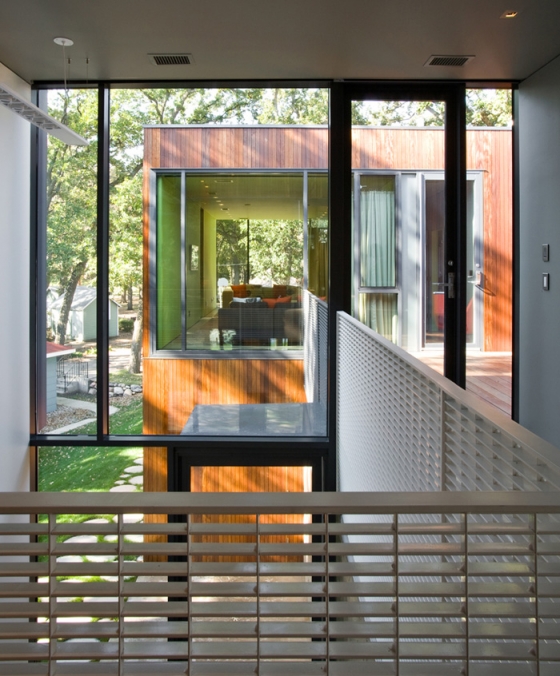
Fotógrafo: Paul Crosby
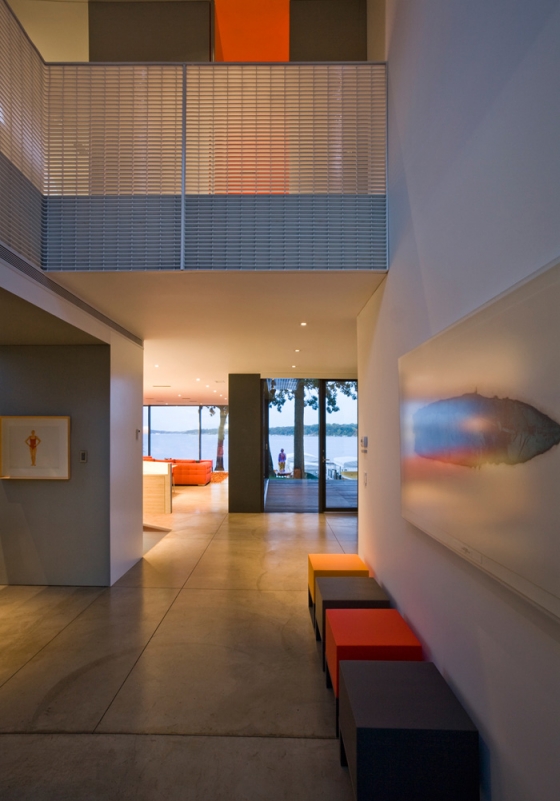
Fotógrafo: Paul Crosby
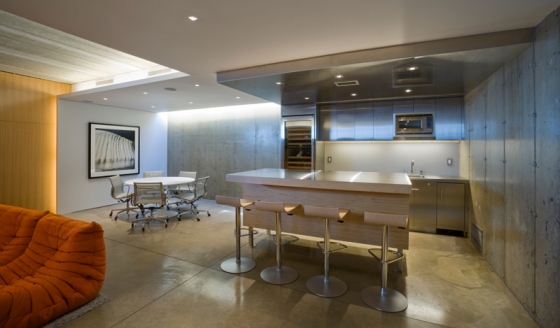
Fotógrafo: Paul Crosby
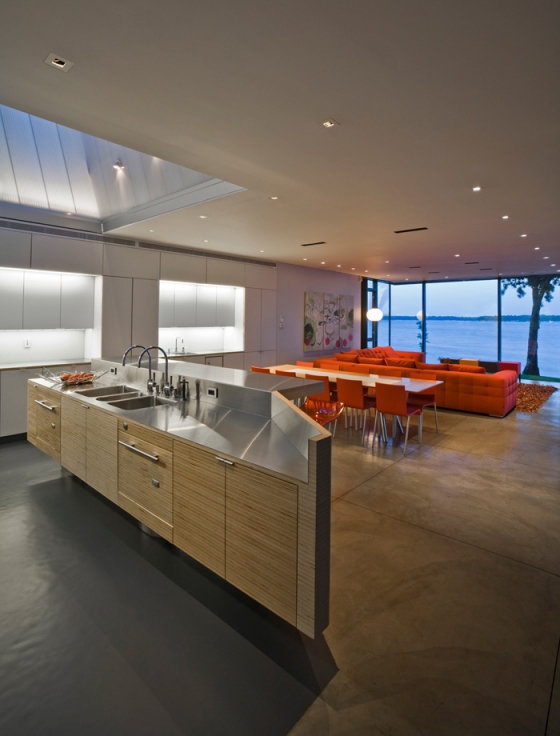
Fotógrafo: Paul Crosby
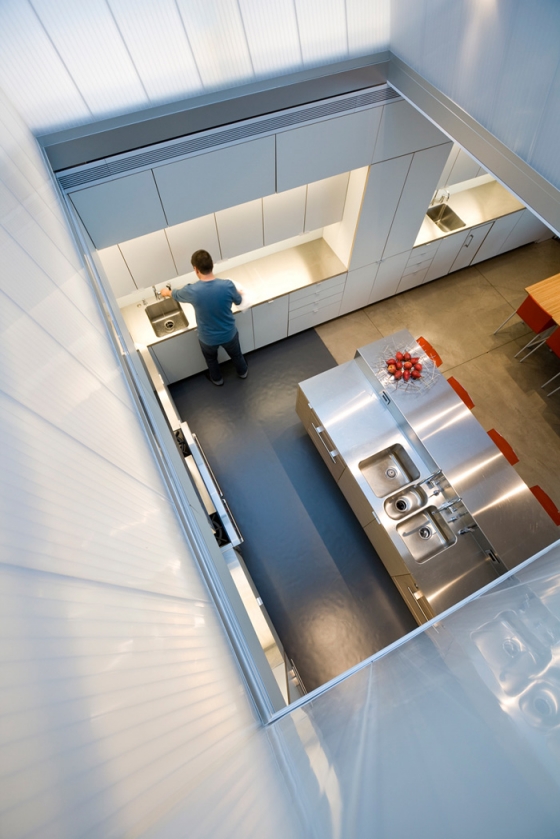
Fotógrafo: Paul Crosby
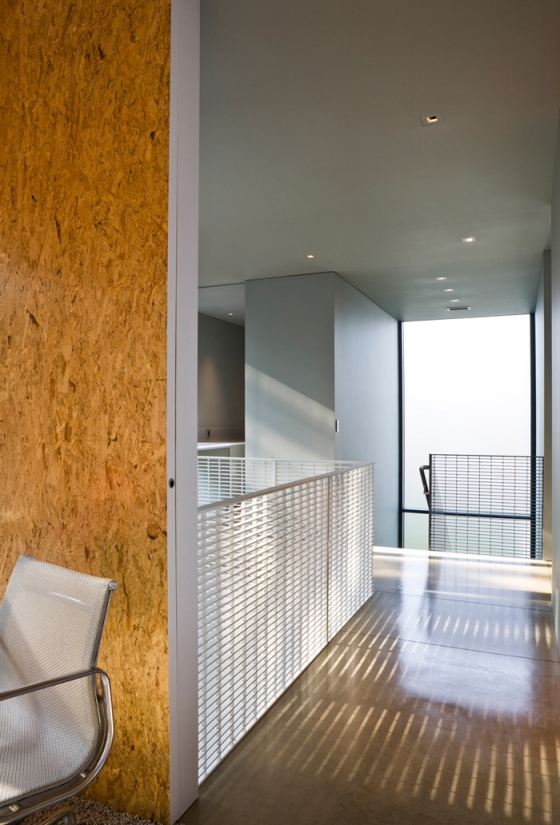
Fotógrafo: Paul Crosby
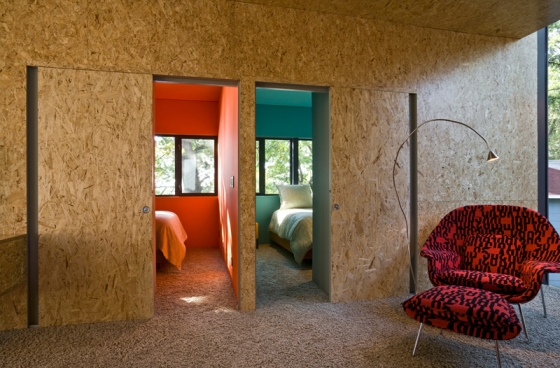
Fotógrafo: Paul Crosby
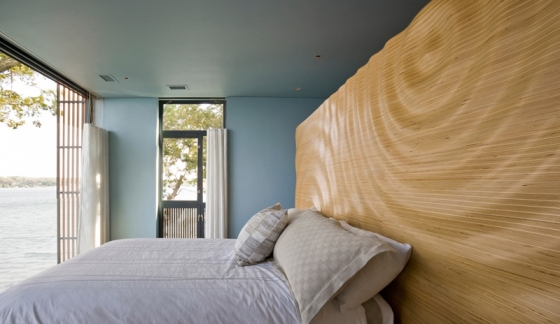
Fotógrafo: Paul Crosby










